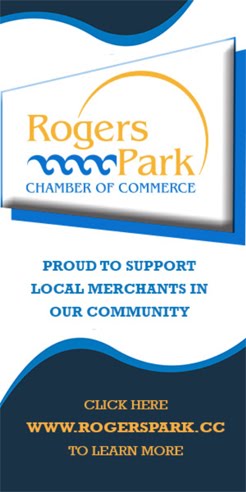Loyola's innovative Heart Attack Rapid Response Team (HARRT) is on staff 24/7 to perform emergency surgery on patients who have experienced heart attacks from shoveling snow or other causes.
Loyola is the only Illinois hospital to have an interventional cardiologist on site 24 hours a day, seven days a week to perform emergency balloon angioplasties.
"Every year, we see patients who have had heart attacks while shoveling show, and this activity has been repeatedly shown to be associated with heart attacks," said interventional cardiologist Dr. John Lopez, HARRT co-director. "The risk is especially high among people who are not in shape or have a history of heart disease."
Dr. Mark Cichon, director of Emergency Medical Services, said shoveling snow is the equivalent of running three minutes nonstop. Many people who shovel snow are not in the proper shape to do that.
Lopez offered the following safety tips:
-- Do not shovel snow alone.
-- Use a snow blower. If that's not possible, use a smaller shovel to limit the amount of snow you lift and thereby reduce the stress on your heart.
-- Take frequent breaks.
-- Do not eat a heavy meal or drink alcoholic beverages before or after shoveling.
-- Do not shovel if you are not in good physical shape or have a history of heart disease.
-- Learn the signs of a heart attack. Call 911 if you are experiencing symptoms, such as pain, squeezing or fullness in the chest, shortness of breath, cold sweat, nausea and lightheadedness.
An interventional cardiologist can stop a heart attack in its tracks by reopening a coronary artery with an emergency balloon angioplasty.
National guidelines say heart attack patients should receive balloon angioplasties within 90 minutes of arriving at the hospital -- known as the "door to balloon" time. Loyola's average and median door-to-balloon times are less than one hour.
Most hospitals do not have interventional cardiology teams on site during nights and weekends. Precious time is lost when the cardiologist, nurses and technicians have to be called from home -- especially during blizzards.
At Loyola, the entire interventional cardiology team is on site at the hospital 24 hours a day, 365 days a year.
"Time is muscle," said Dr. Fred Leya, medical director of Loyola's cardiac catheterization lab. "If we can reopen the artery within 30 minutes, there will be essentially no damage. If we do it within 30 to 60 minutes, there will be minimal damage. That's why we call the first 60 minutes the Golden Hour of Opportunity."
Open Mic at West Town Bakery
-
MadMondayz 1/12/2026 We’re heading into the second week of the new year...
so what are you doing as 2026 gets underway? Come vibe with great fun and
entert...
















No comments:
Post a Comment